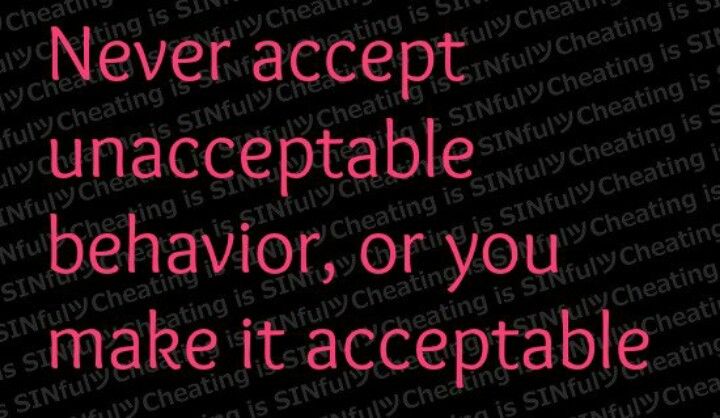It feels as if there’s an inverse relationship between a group’s claim at the efficacy of their self-policing and the actual ability for them to self-police.
Or maybe there isn’t. Maybe no groups are good at self-policing, but it’s so ubiquitous that we only really pay attention to the ones that put on a big show and strut about at maximum puffery.
Self-policing isn’t complicated.
Let’s say you’re the member of some sort of social group. Any social group. The Friday Night Binge Drinkers Society. The Church of Wandering Fingers. The League of Improbable Spankers. Whatever.
That group has an identity. That identity is driven by its actions. As a member of that group, you are associating that identity and those actions with yourself if you are associating yourself with that group.
Oooh, did you feel that? A little disturbance in the Force. It happens. Let’s move on, though.
Ordinarily, everything’s peachy. Everybody tacitly agrees that this social group is awesome. The booze, or the books, or the bangs are awesome. Woot and stuff.
Until someone does something dodgy. By “dodgy,” please note that I am covering a wide range of behaviors, but to offer the benefit of the doubt, let’s just assume that “dodgy” means “some behavior that you, personally, might not want associated with you.”
So, it could be murder (assuming this isn’t a murdering group, of course). Or it could be eating dairy. Or it could be engaging in Finger-Hiding Games. Doesn’t matter what it is. What matters is that it’s not the kind of behavior that you (again, you, personally) would expect to have associated with you (again, you, personally).
But someone else in the social group is doing it. Someone else in the social group is engaging in “dodgy” activity.
Now, at this stage, it’s a moment of truth. It’s a moment of truth for the group and it’s a moment of truth for you.
The group must decide whether or not the person being dodgy must be ejected from the group.
That’s the first moment of truth, and it’s not a complicated one.
The person will either be embraced by the group or ejected by the group. Excuses are rarely relevant*. The result is that either the dodgy behavior is an acceptable element of the group, or it’s not, and that decision is embodied in how the group treats the member in question**.
It is also a moment of truth for you. As in you, personally.
First, regardless of the group’s decision, you have to decide if the group’s structure allows this kind of behavior or if this was an anomaly. If the group’s structure allows this kind of behavior, then it doesn’t matter what happens to the individual — you are now a member of a corrupt social group.
Which is your cue.
If the group’s structure allows for this kind of dodgy behavior and you stay, then you are supporting that behavior. There is no weaseling out of this one.
If you remain in the group with a determination to “fix it,” then you are still adopting that mantle — as long as the group remains so structured. Yes, that sucks, but think of it as a fire under your ass to force changes.
If this is an anomaly, then take a close look at how the social group handles the dodgy behavior. If the person in question is ejected, things may be okay,*** but it might be worth remaining somewhat vigilant.
If the person is not ejected, then the social group has made the decision that the behavior in question is an acceptable component of membership.
If you stay in the group, then you are also accepting that this is an acceptable component of membership.
There is no weaseling around this, either.
There’s an important implication in this. If you are a member of a group, then consider the following Self-Policing Note: You are responsible for the actions of its members. You are. If you see something, if you hear of something, then it is your job to self-police. It is your job to either halt the dodgy behavior, or expose it to those who can stop it. It’s your reputation on the line. Not the reputation of some faceless organization who might or might not do something. Yours. You can’t weasel out of that one, either.
That’s self-policing. Whether or not you or your social group lays claim to it isn’t as relevant as whether or not you actually do it.
* People are exceptionally good at justifying atrocities of all sorts, so you just have to realize this if you’re going to take the time to listen to an “excuse” for an atrocity. From a functional standpoint, allowing an excuse to permit an atrocity is identical to saying “As long as you can fulfill the following [excuse] conditions, then you are free to commit the following [atrocity] action.” It should go without saying that one must be EXTREMELY parsimonious about establishing such horseshit.
** This should not be construed as suggesting that someone can’t be ejected into a situation that might HELP them, of course. For example, a murderer could be handed over to the Police.
*** Although it’s worth exploring compensatory strategies to prevent that dodgy behavior in the future.

